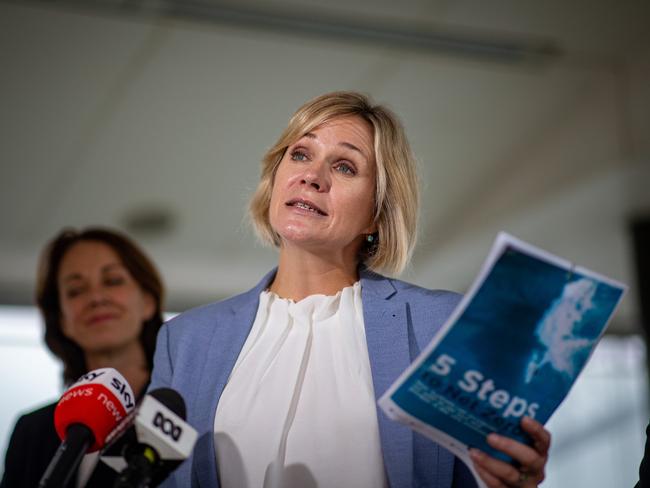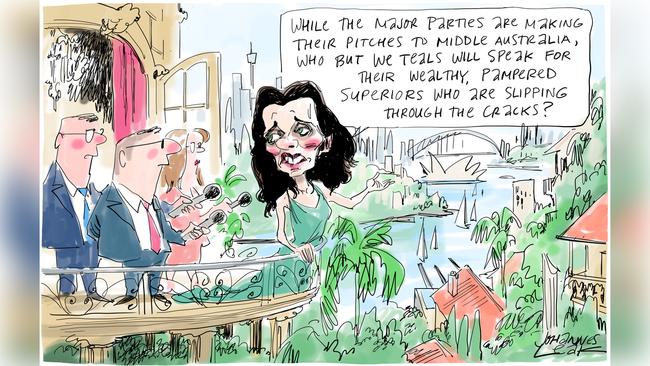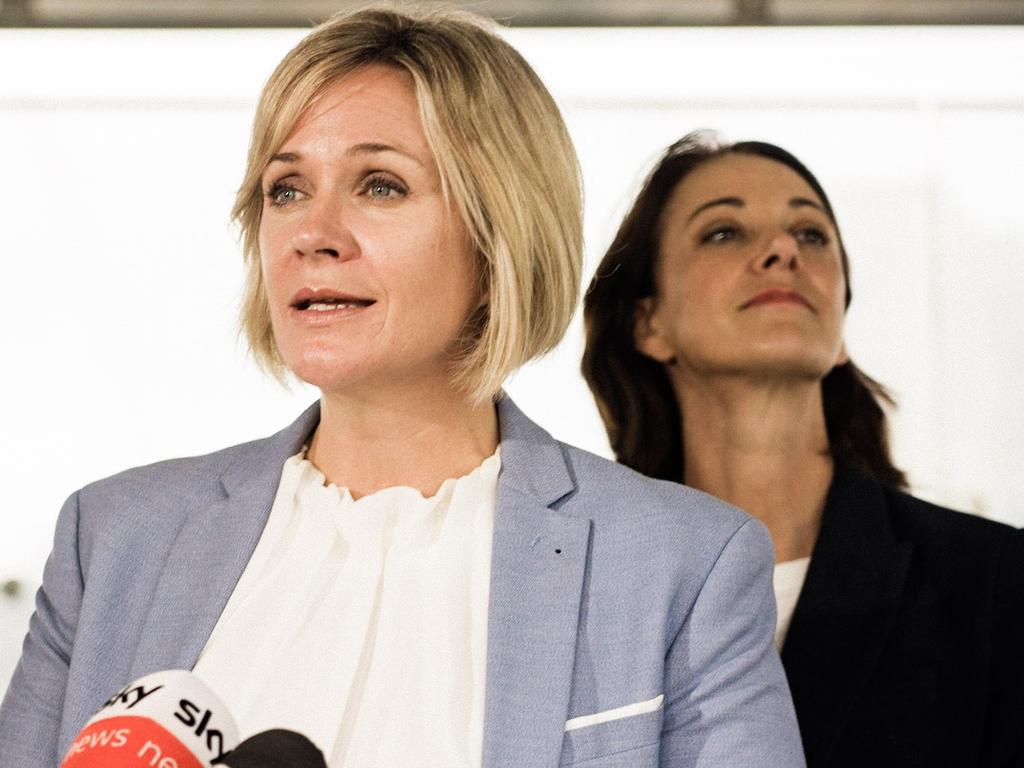
An election campaign is a trial by fire of sorts. It tests the character, knowledge and competence of candidates so voters can make an informed choice. Anthony Albanese faced fresh scrutiny last week after failing to recall the six-point plan for Labor’s reform of the National Disability Insurance Scheme. It is a problem, but having read the plan I feel some sympathy for Albanese. As Labor’s NDIS spokesman, Bill Shorten could have done a better job at making it memorable.
The NDIS poses a challenge for both parties as its budget blows out because of complex factors including the increase in autism diagnoses across the country.
However, doubts about Albanese’s fitness for office started earlier in the campaign when he was unable to name the unemployment rate or the Reserve Bank cash rate. It is difficult to conclude that such failures are merely gaffes. However, if recent US elections have taught us anything, it is that an electorate primed for change will ignore spectacular flaws in their anointed son.
No election would be complete without a former politician throwing his rat into the ring. This year Malcolm Turnbull led with a cri de coeur for democracy from that pantheon of anti-elitism, the Harvard Club. He reprised his role as a blue-blood anti-conservative and painted it teal. “In a number of hitherto safe Liberal seats (there are) independent candidates who are typically progressive on climate and social issues,” he said. “If more of these teal independents win, it will mean the capture of the Liberal Party will be thwarted.”

The Australian’s editor-at-large Paul Kelly has described the teal candidates as anti-Liberal independents. One, Monique Ryan, aims to unseat the Liberals’ deputy leader, Josh Frydenberg. In a Sky News debate last week she prosecuted her case with strong words in defence of China and support for independent MP Zali Steggall’s climate ideas.
Ryan blamed the government for the deteriorating relationship with China. She wants it to be treated with respect and sensitivity. Ryan claims our government has weaponised the relationship for “local, domestic political aims”. The same claims are made in Chinese Communist Party media. Ryan characterised the government approach as “macho, breast-beating belligerence”.
The independent’s campaign materials claim “A vote for Monique Ryan is a vote for climate action, integrity and a strong economy”. She responded to the Treasurer’s criticism about her lack of a tax plan by saying she would support Steggall’s climate bill. How it could provide for a “strong economy” is unclear.
In coming months, many people will struggle with cost-of-living expenses as inflation rises. It is why the state of the economy remains a priority for most voters. We know from history that rising interest rates hit hard those without financial buffers. That generally means the poor and younger people. If too rapid a transition to net-zero carbon emissions is introduced in an inflationary environment, the results could be bad for many people.

Despite the economic and political volatility ahead, independent candidates are enthusing about the prospect of a hung parliament. Georgia Steele, a lawyer running for Hughes on the southern outskirts of Sydney, listed it as a sound reason to vote for her: “If there is no clear result at the next election, independents might be called upon to guarantee supply to one party or another. This is called a hung parliament … and this is where it gets exciting. Here, independents can get significant and immediate action on the issues that they care about.”
Steele has joined other independent candidates including Allegra Spender (Wentworth) and Kylea Tink (North Sydney) to support Steggall’s ambition for a 60 per cent emissions reduction on 2005 levels by 2030. It sounds exciting, but greener and faster is not always better, especially in countries where fossil fuels are vital to prosperity. Labor experienced voter backlash in 2019 over its uncosted climate plan with a 45 per cent emissions reduction target. At the time, independent economist Brian Fisher criticised the major parties for failing to show the true cost of their climate policies. He estimated that Labor’s proposed target could cost 167,000 jobs and billions in gross domestic product.
A significant transparency gap in successive campaigns has been the failure of parties to detail the long-term costs and broad costs of various climate change targets. One hidden cost is the potential benefit to China that a rush to renewables could bring given its global dominance in processing clean energy metals. The Coalition is trying to address the problem by investing more in the mining and refining of such minerals at home. In March, Scott Morrison announced an additional $243m for Australian critical minerals.
The government is moving towards net zero, but not like a political cyclops that sees everything through the lens of climate action. The broad purpose of government is to govern responsibly for the long-term prosperity, security and safety of its citizens. It takes a party with MPs from electorates that are urban, regional and rural to speak for the national interest in a representative democracy.
Anything less will sell Australia short.






The election campaign is reaching a point of no return as candidates prepare their final pitches to a weary electorate. Pre-poll voting begins this week for those unable to cast a vote on election day. By this stage voters usually are firming their opinion. However, Liberal Party research shows the reverse trend with the soft vote rising to 27 per cent. It will make the final fortnight a race to the finishing line with wildcard candidates spoiling for a fight.